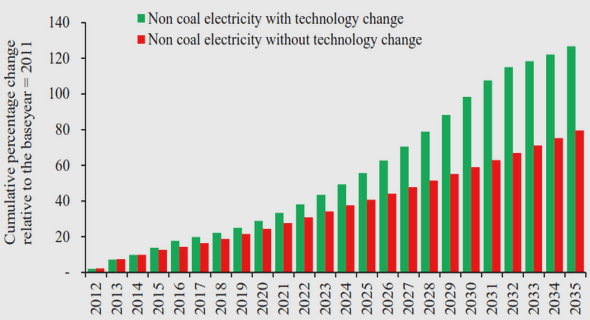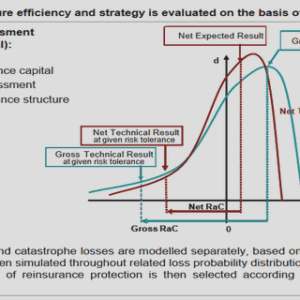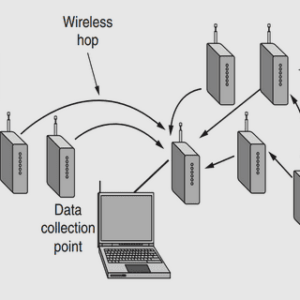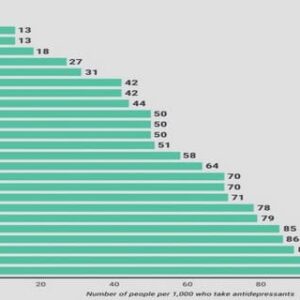(Downloads - 0)
For more info about our services contact : help@bestpfe.com
Table of contents
1 How cognitive biases affect the Energy Performance Gap in low energy buildings
1.1 Related literature
1.2 Cognitive biases related to energy behavior
1.3 « Je rénove BBC » renovation program: survey, questionnaire and database
1.3.1 The survey
1.3.2 The questionnaire
1.3.3 A new database on deep energy renovation in France
1.4 Descriptive statistics of the « Je rénove BBC » panel
1.4.1 Socio-demographic characteristics
1.4.2 Importance of financial aids and tax benefits
1.4.3 Renovation motivations
1.4.4 Households’ satisfaction
1.4.5 Habits in the renovated houses
1.4.6 Households’ energy consumption
1.5 Energy Performance Gap and proxies for the cognitive biases
1.6 Control variables and modeling approach
1.6.1 Selecting control variables using learning models
1.6.2 Modeling approach
1.7 Empirical analysis
1.7.1 Parametric and non-parametric statistical tests
1.7.2 Results
1.7.3 Model selection
1.8 Robustness Analysis
1.9 Policy implications and conclusion
Appendix A
A.1 « Je rénove BBC » survey questions in English
A.2 « Je rénove BBC » original questionnaire in French
A.3 Conventional data in energy audits: the TH-C-E ex software
A.4 Actual ex-post energy consumption
A.5 Variable Definitions
A.6 Tuning Plots
A.7 Missing values imputation
A.8 Statistical Tests
A.9 Regression Results
A.9.1 Status quo bias
A.9.2 Optimism bias
A.9.3 Attitude-Behaviour gap
A.9.4 Intention-Behaviour gap
A.10 Feature ranking
2 Optimal incentives for a multi-task Agent with possible unawareness
2.1 Introduction
2.2 Related literature
2.3 A two-task Principal-Agent model with complete awareness
2.3.1 The baseline model
2.3.2 Optimal compensation with a risk neutral Principal
2.3.3 Optimal compensation with a risk averse and prudent Principal
2.4 A two-task Principal-Agent model with possible unawareness
2.4.1 The possible unawareness model
2.4.2 Optimal compensation
2.5 Discussion and concluding remarks
Appendix B
B.1 Proofs of Propositions and equation computations
B.2 A two-task Principal-Agent model with complete unawareness: the case of an observable second task
B.2.1 The complete unawareness model
B.2.2 Optimal compensation
B.2.3 Computation related to the complete unawareness model
3 Knowledge acquisition or incentive to foster coordination ? A real-effort weak-link experiment with craftsmen
3.1 Introduction
3.2 Experimental design
3.2.1 The individual productivity elicitation
3.2.2 The repeated real-effort game
3.2.3 Procedures
3.3 Predictions
3.4 Results
3.4.1 Descriptive statistics
3.4.2 Non-parametric analysis
3.4.3 Econometric analysis
3.5 Discussion and concluding remarks
Appendix C
C.1 Instructions of the experiment in French
C.1.1 Informations générales
C.1.2 Instructions de la Partie 1
C.1.3 Instructions de la Partie 2
C.1.4 Instructions de la Partie 3
C.1.5 Instructions de la Partie 4
C.2 Post-experimental questionnaire in French
General Conclusion
Bibliography




